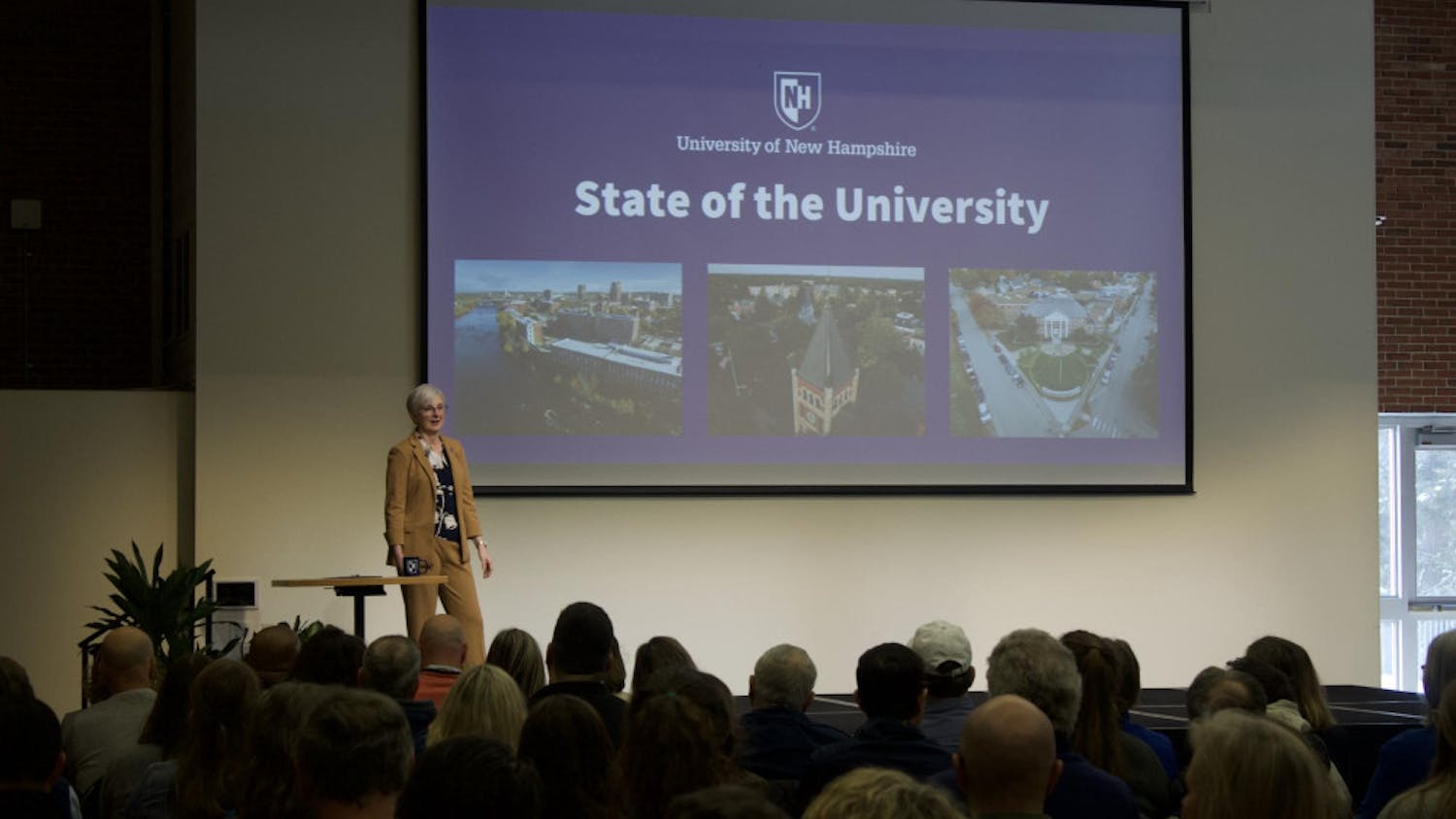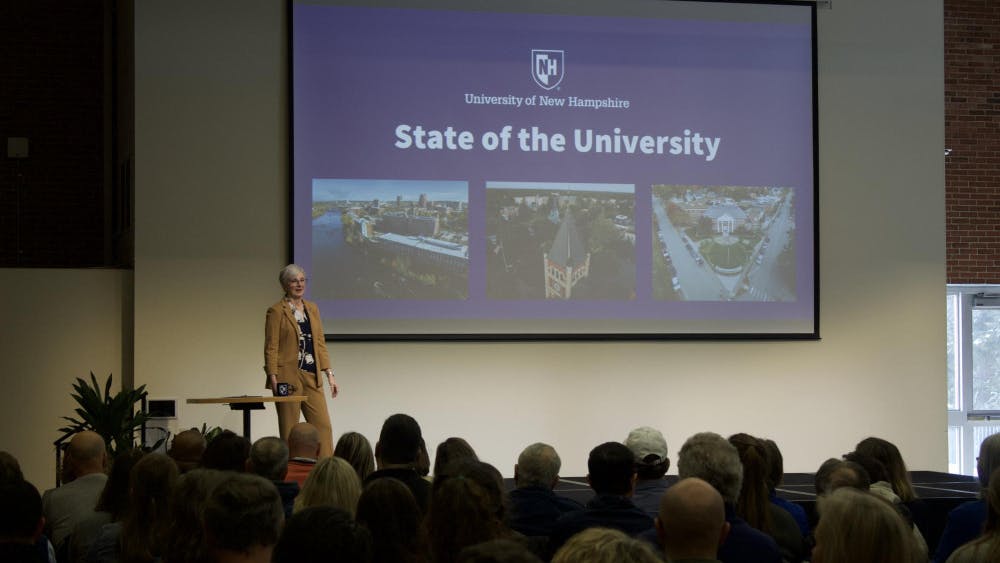
To bring awareness to the high cost of student loans, a small group of UNH social work students have organized an event to be held on May 4 titled Students Against Debt, with the goal of educating others about student debt in America.
“The purpose of organizing this event is to raise awareness of student debt, and how crippling and harmful it really is,” Masters of social work program (MSW) first year student Caroline Margaux said. “We’re hoping to educate students and non-students alike on why this is such a big issue, and to empower students to advocate for change.”
The event, which will occur between 3-6 p.m. on the Thompson Hall (T-Hall) lawn, will feature a panel discussion with representatives from a local bank, the UNH Financial Aid Office and university alumni. Students will also be invited to create links, which will form a chain of student debt.
“The purpose of making chains is to symbolically show the ways students are weighted down by and ‘chained’ to their student debt,” Margaux said. “We intend to send these chains, along with a list of people and their debt amount, to various offices in Washington, D.C. and New Hampshire. A visual can have a strong impact and we want to make the point that this really is a major problem that needs to be fixed, now.”
Unfortunately for students, the cost of a college education is expected to rise. According to Jeffrey Sparshott, author of Wall Street Journal blog “Congratulations, Class of 2015. You’re the Most Indebted Ever (For Now),” the graduating class of 2015 left school with the highest student loan debt to date.
Since most students walk away from college with the burden of student loans, it makes it very difficult for them to save for retirement or other investments, which is a primary reason why Margaux feels students should attend this event.“Student debt either directly or indirectly impacts students’ lives and their futures,” Margaux said. “Do they really want to sit back and watch as lawmakers, bankers and other people control how long they will be paying off [their] debt for a college education? It’s time to change the narrative.”











